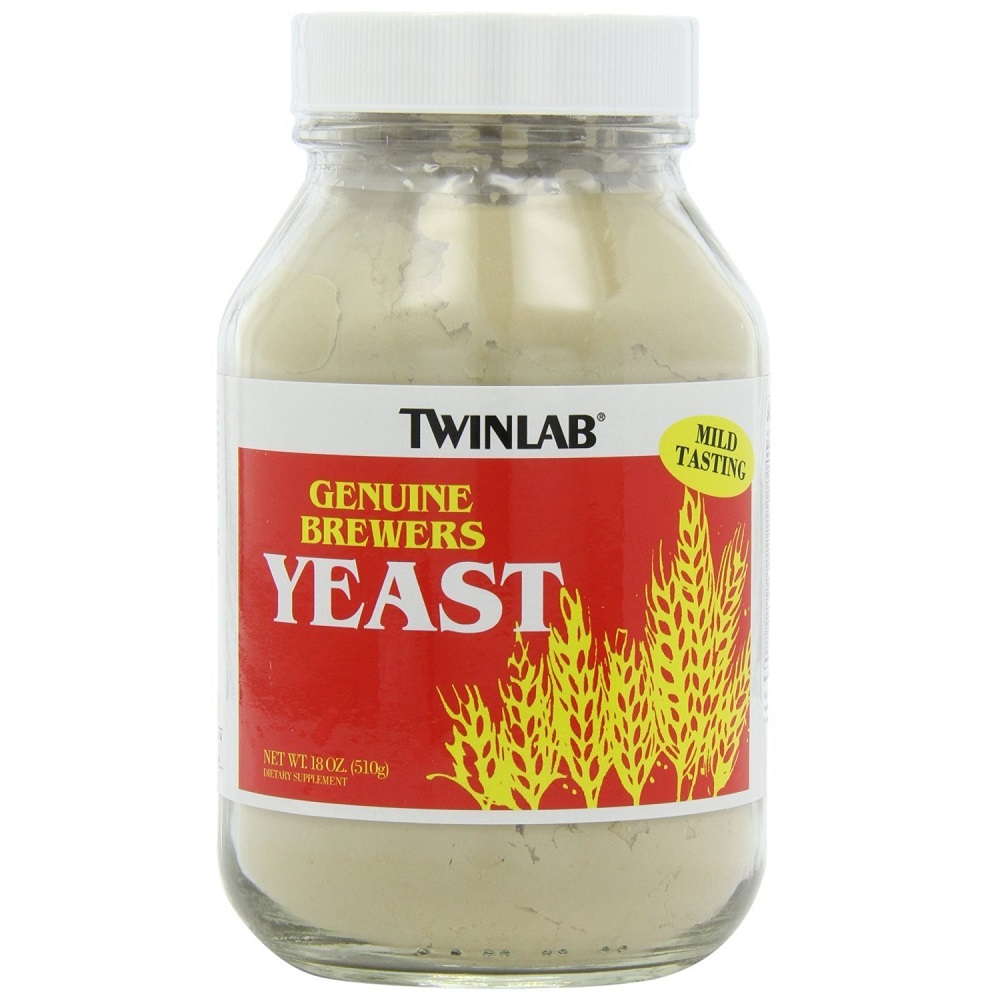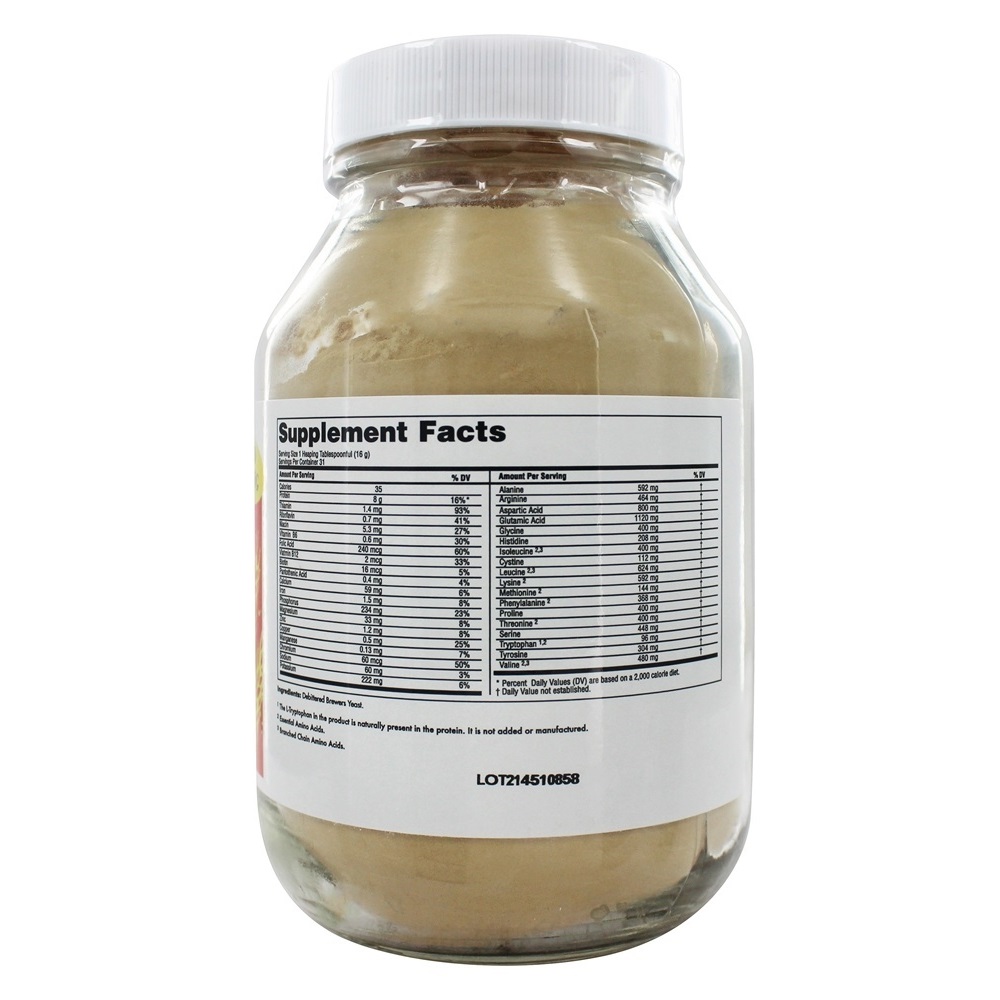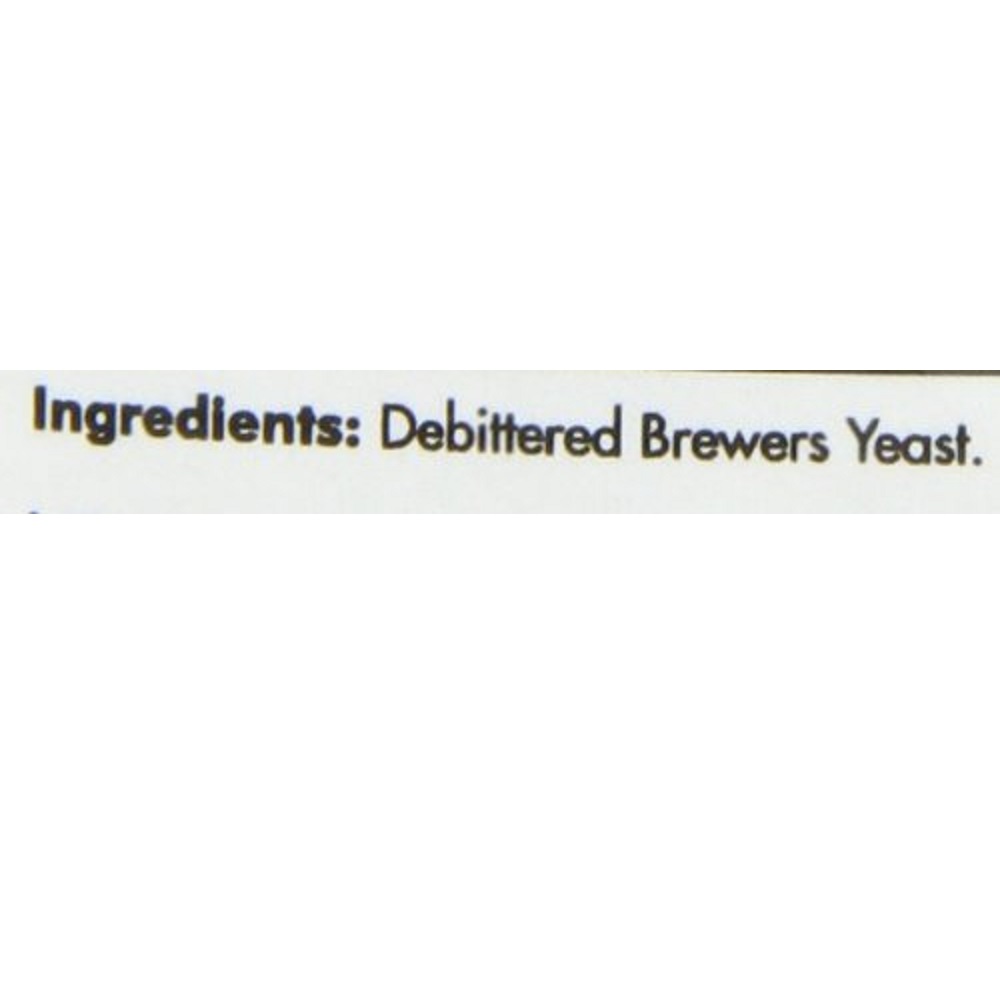| Protein | They are essential in the diet of animals for the growth and repair of tissue. |
|---|
| Thiamine | Vitamin B1 also known as Thiamine or Thiamin is a water-soluble vitamin, it is part of the B vitamin family. B vitamins support adrenal function, help calm & maintain a healthy nervous system, and are key for metabolic processes. |
|---|
| Riboflavin | Riboflavin is used for preventing low levels of riboflavin (riboflavin deficiency), cervical cancer, and migraine headaches. |
|---|
| Niacin | Niacin helps in creating sex hormones for people suffering through sexual disorders like impotence and erectile dysfunction. Vitamin B3 performs the important function of converting proteins, carbohydrates and fats into energy. |
|---|
| Vitamin B6 | Itamin B6 is a water-soluble vitamin. Water-soluble vitamins dissolve in water. The body cannot store them. Leftover amounts of the vitamin leave the body through the urine. That means you need a continuous supply of such vitamins in your diet. |
|---|
| Folic Acid | Folic acid helps your body produce and maintain new cells, and also helps prevent changes to DNA that may lead to cancer. Folic acid is needed for the proper development of the human body. It is also used to prevent heart disease |
|---|
| Vitamin B12 | Vitamin B12 is applied to the skin either alone or in combination with avocado oil for psoriasis and eczema. |
|---|
| Biotin | Biotin, also known as Vitamin B7 and Vitamin H is used in treating and preventing hair loss, brittle nails, skin rash in infants, diabetes, and mild depression. |
|---|
| Pantothenic Acid | People apply dexpanthenol, which is made from pantothenic acid, to the skin for itching, promoting healing of mild eczemas and other skin conditions, insect stings, bites, poison ivy, diaper rash, and acne. |
|---|
| Calcium | Calcium is a mineral that is an essential part of bones and teeth. The heart, nerves, and blood-clotting systems also need calcium to work. |
|---|
| Iron | Helps Muscles Store and Use Oxygen |
|---|
| Phosphorus | Essential Mineral - Wide Range of Benefits Including Bone Health, Cellular Repair, and Healthy Digestion |
|---|
| Magnesium | Magnesium is required for the proper growth and maintenance of bones. Magnesium is also required for the proper function of nerves, muscles, and many other parts of the body. |
|---|
| Zinc | Zinc is used for boosting the immune system, treating the common cold and recurrent ear infections, and preventing lower respiratory infections. |
|---|
| Copper | Copper is also used for improving wound healing, and treating osteoarthritis and brittle bones (osteoporosis). |
|---|
| Manganese | Manganese is an essential nutrient involved in many chemical processes in the body, including processing of cholesterol, carbohydrates, and protein. |
|---|
| Chromium | Chromium helps to move blood sugar (glucose) from the bloodstream into the cells to be used as energy and to turn fats, carbohydrates, and proteins into energy. |
|---|
| Sodium | Helps control blood pressure & blood volume |
|---|
| Potassium | Control the electrical activity of the heart |
|---|
| Alanine | Alanine is used for improving athletic performance and exercise capacity, building lean muscle mass, and improving physical functioning in the elderly. |
|---|
| Arginine | Heart and blood vessel conditions including congestive heart failure (CHF) |
|---|
| Aspartic Acid | Like all amino acids, your body can use aspartic acid to provide your cells with energy; the cells burn it to generate ATP, or adenosine triphosphate, which is a cellular energy currency. While aspartic acid is useful, it’s not essential in the human diet — your body makes it from a molecule called oxaloacetate, which you produce any time you metabolize fuel, regardless of whether the fuel is carbohydrate, protein or fat. |
|---|
| Glutamic Acid | Glutamic acid is often used as a food additive and flavor enhancer in the form of its salt, known as monosodium glutamate. |
|---|
| Glycine | Glycine is used for treating stroke, benign prostatic hyperplasia (BPH), and some rare inherited metabolic disorders. |
|---|
| Histidine | L-Histidine is an amino acid. People use histidine for medical purposes. |
|---|
| Isoleucine | Isoleucine is necessary for hemoglobin formation and in stabilizing and regulating blood sugar and energy levels. |
|---|
| Cystine | A crystalline amino acid occurring in most proteins, esp. the keratins: yields two molecules of cysteine on reduction. |
|---|
| Leucine | L-Leucine plays a central role in the metabolism of muscle tissue therefore contributing to both its generation and preservation. |
|---|
| Lysine | Supports the production of other proteins like enzymes, antibodies and hormones |
|---|
| Methionine | To prevent liver damage in acetaminophen (Tylenol) poisoning: methionine prevents the breakdown products of acetaminophen from damaging the liver. |
|---|
| Phenylalanine | Phenylalanine is used for depression, attention deficit-hyperactivity disorder (ADHD), Parkinson’s disease, chronic pain, osteoarthritis, rheumatoid arthritis, alcohol withdrawal symptoms, and a skin disease called vitiligo. |
|---|
| Proline | Healthy Skin |
|---|
| Threonine | Threonine is used to treat various nervous system disorders including spinal spasticity, multiple sclerosis, familial spastic paraparesis, and amyotrophic lateral sclerosis (ALS, Lou Gehrig’s disease). |
|---|
| Serine | Serine is classified as a nutritionally non-essential amino acid. Serine is critical for the production of the body’s proteins, enzymes and muscle tissue |
|---|
| Tryptophan | The body uses tryptophan to help make niacin and serotonin. Serotonin is thought to produce healthy sleep and a stable mood. |
|---|
| Tyrosine | Tyrosine is a nonessential amino acid the body makes from another amino acid called phenylalanine. |
|---|
| Valine | L-valine is a branched chain amino acid (as are L-Isoleucine and L-Leucine), which is important for supplying energy to muscles. The branched chain amino acids enhance energy, increase endurance and aid in muscle tissue recovery and repair. |
|---|
| Debittered Brewers Yeast | Brewer’s yeast is used for diarrhea, the common cold and other upper respiratory tract infections, influenza, swine flu, loss of appetite, acne, premenstrual syndrome (PMS), recurring boils on the skin (furunculosis), and type 2 diabetes. |
|---|






Reviews
There are no reviews yet.